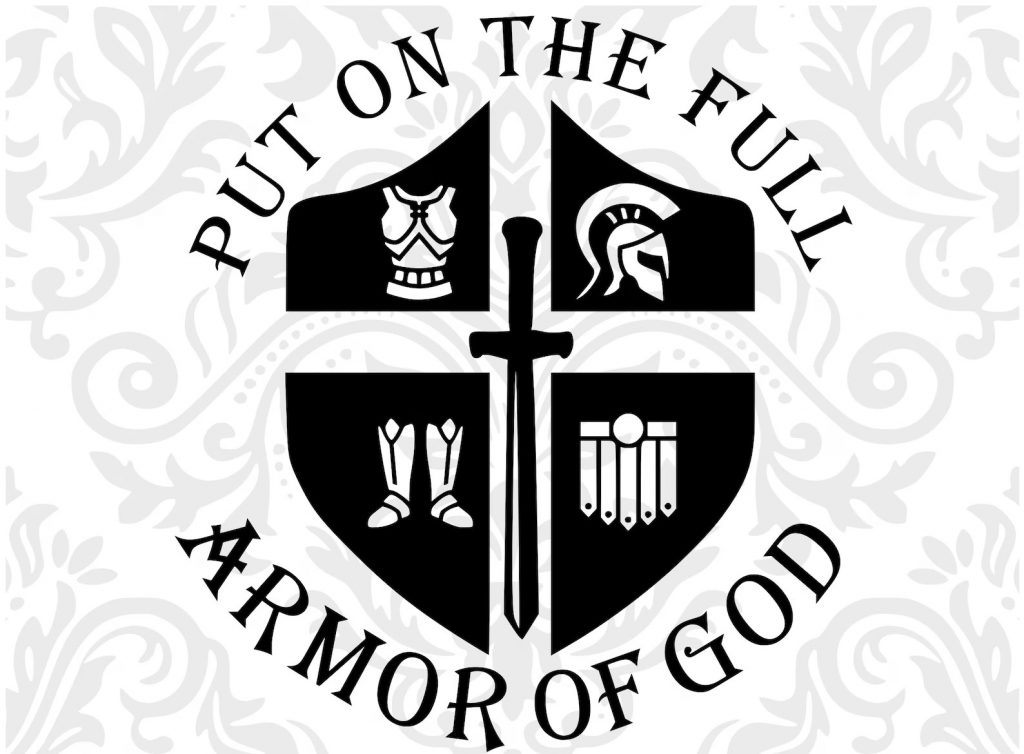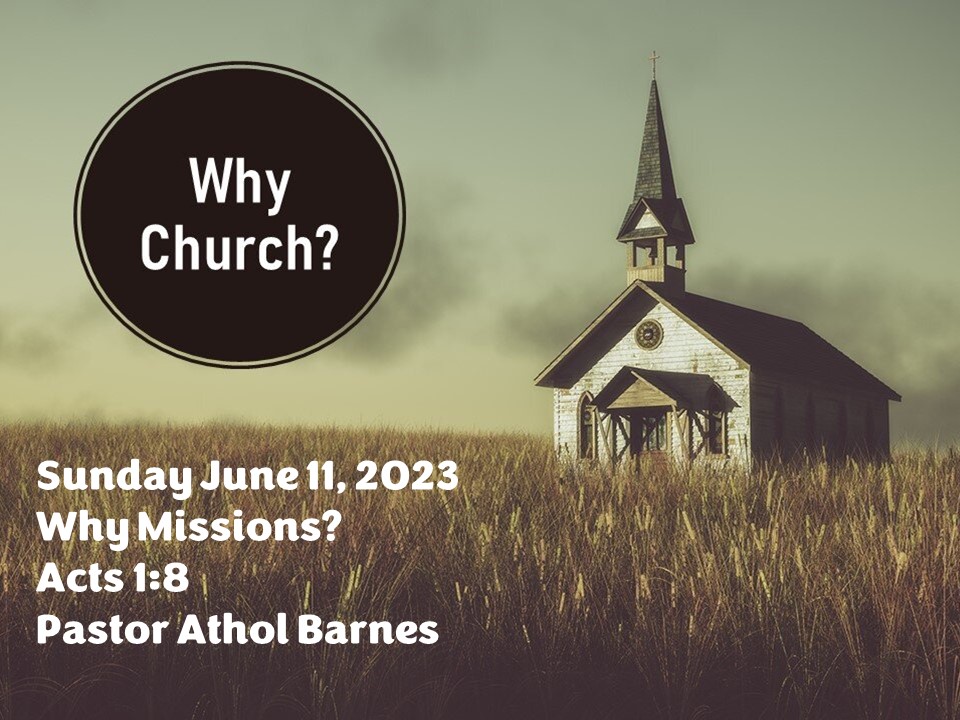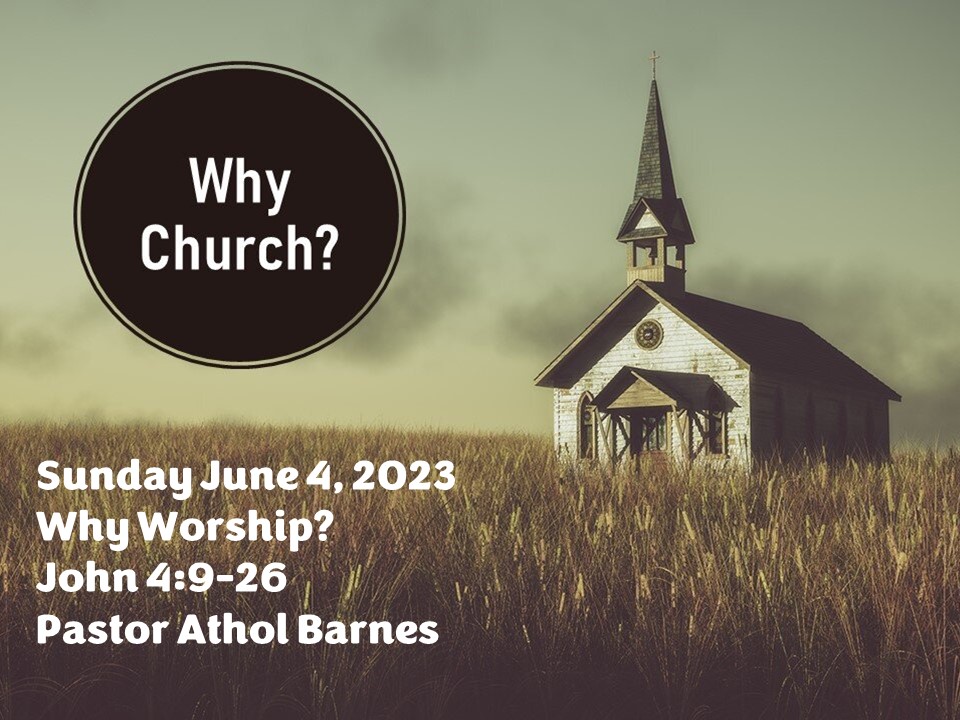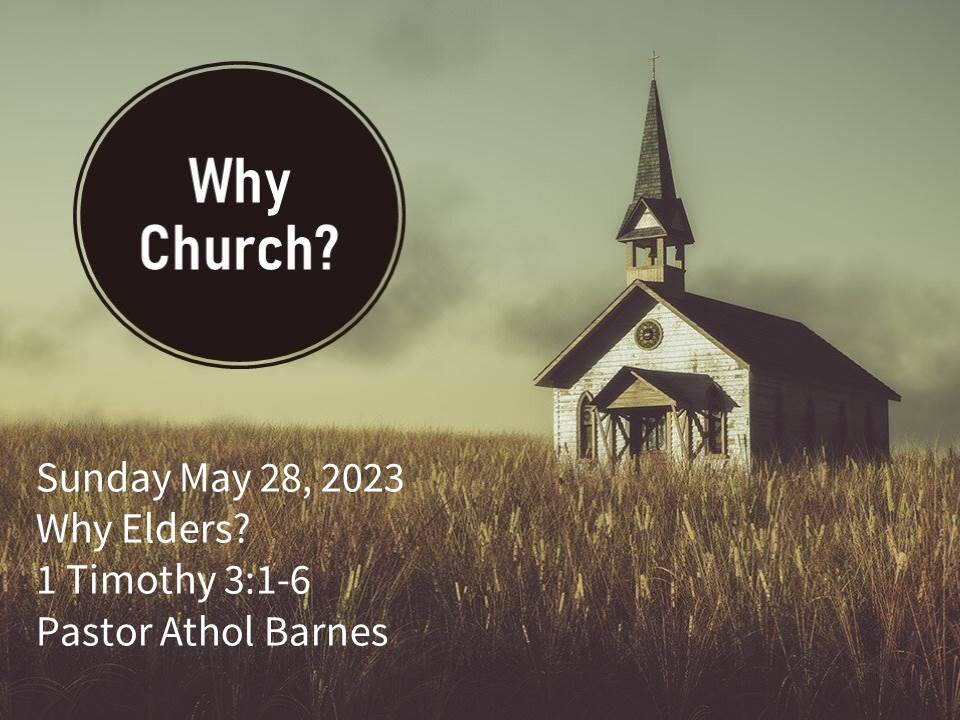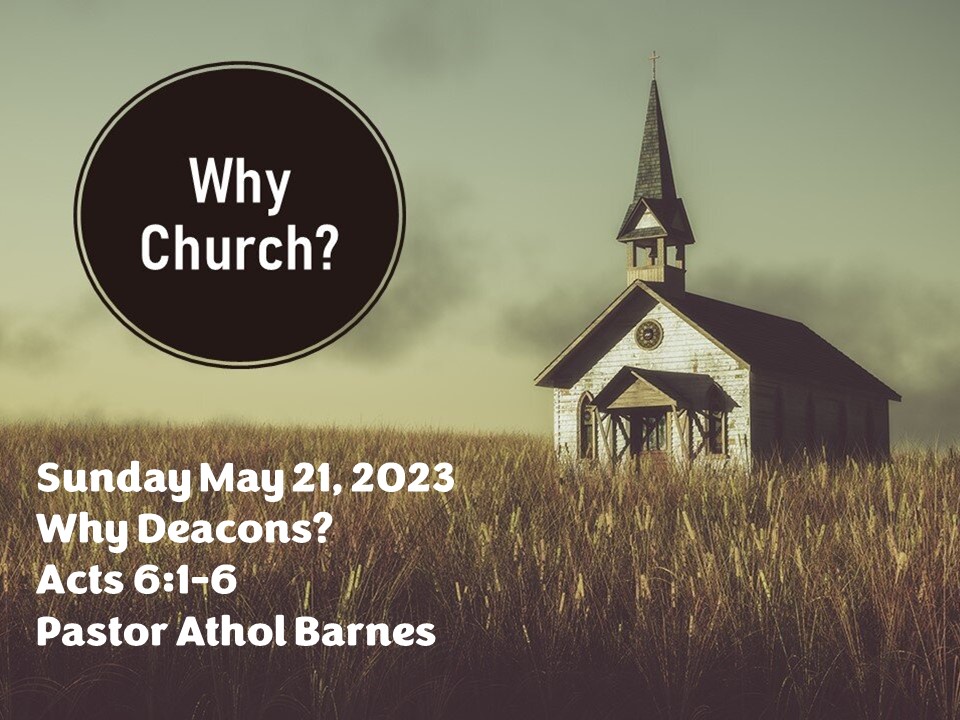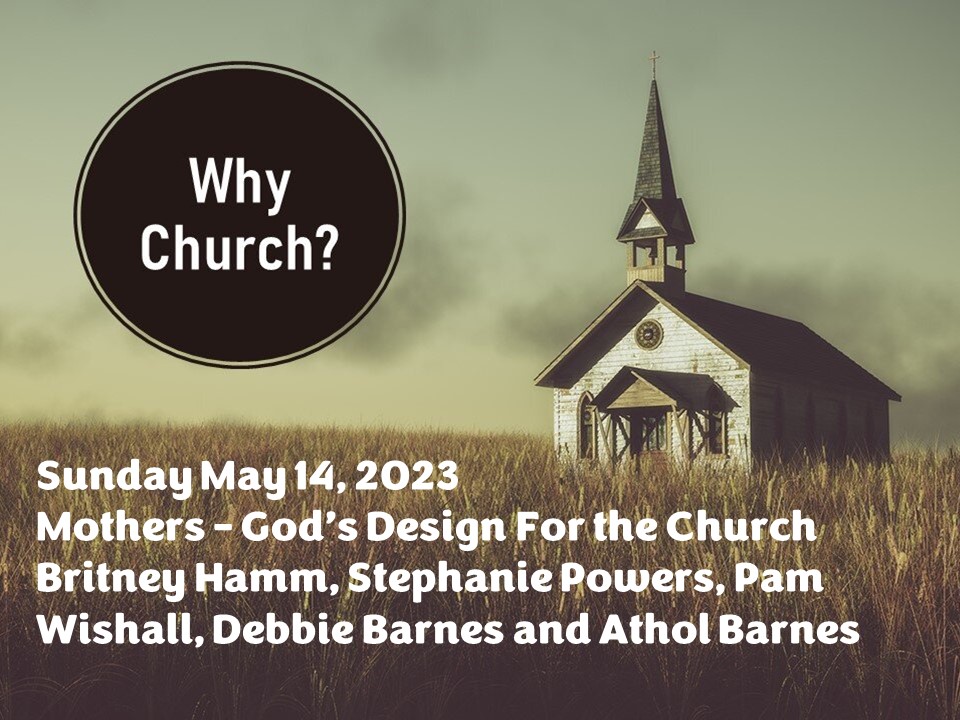
Have you felt that the past three months were a bit of a blur?
It has been a busy summer and we have seen God work in amazing ways in Kansas City, Tahlequah, and South Africa.
The danger of coming to the end of a sprint or a summer of outreach is to look back and to rest on our laurels. However in sports, any winning team knows that the very next day, they need to get back into the gym and get back to the discipline of training in order to achieve the same results.
As we come off a season of spiritual warfare and victories, we need to slow down and get back to the basic disciplines of preparing ourselves for what God has in store for us.
What I am talking about is getting back on track with our spiritual disciplines. Those things that we do that few people see but produce a life of faith and spiritual strength.
Don Whitney said, “The spiritual disciplines are those practices found in Scripture that promote spiritual growth among believers in the gospel of Jesus Christ.”
Sadly many Christians are unfit spiritually, because they are undisciplined. Nobody drifts into discipline. Just as the undisciplined body becomes sluggish and fat, the undisciplined spirit becomes weak (See 1 Timothy 4:7-8).
This is why Paul coaches Timothy (1 Tim 4:7-8).
There are many spiritual disciplines but let’s look at four today:
- Prayer:
Prayer is the one thing that you can do, that will have the greatest impact on your life. There is nothing more important, strategic, or more rewarding than prayer.
While Jesus was on earth, he was constantly in prayer. As followers of Jesus, shouldn’t we be a people of prayer, constantly asking God for direction, wisdom, healing, and interceding for those around us.
Personal holiness is not just being a good person, it flows from a powerful and intimate relationship with God through prayer.
I invite you to commit to joining one of the scheduled church prayer times during the week, or one of our bi-monthly nights of prayer.
2. Bible reading/ study:
In John 17 Jesus asked the Father for his disciples, that He would “Sanctify them in the truth; your word is truth.” Jesus said that the Word of God is the truth that transforms us and brings about our sanctification.
The truth of God’s word does not change, it is our plumb-line and our authority for all aspects of life. However, we are tempted to redefine truth to fit our own personal preferences or desires. Let us be careful not to ignore or discard selected truths, just because we find them hard to receive or difficult to understand. Above all, we must be careful not to become lazy or apathetic with the truth of God’s word because it is not socially acceptable or because the cost of defending or standing on the truth becomes too demanding.
As you read the Bible, you will encounter Jesus, the Word of God, and the Holy Spirit will reveal his glory and majesty to you.
Will you get back on track with the daily reading, studying, and Memorizing God’s word.
3. Disciple making
Before Jesus ascended into heaven, he left a commission for us (Matthew 28:19-20).
Jesus said, “go and make disciples…”, which means, to win people to Christ.
Disciple-making is a spiritual discipline, it does not happen by accident.
To make disciples, as the Bible commands, we must actively seek out opportunities to share the Gospel, baptize new believers, and teach them how to obey everything that Jesus commanded.
All Christians should practice disciple-making. Sadly, many leave it to just the hired professionals.
Most of us don’t make disciples because we don’t discipline ourselves to do it.
Making disciples will cost you something. It may cost you your reputation or even a promotion. But in many parts of the world, it will cost you your life.
Sharing the Gospel is valuing the message and the person you are speaking to, more than your own comfort, finances and even life. This is what it means to be a follower of Jesus. To value Jesus more than our own lives. Didn’t Jesus value you more than his own life?
Will you determine today to develop this discipline in your life?
4. Fellowship/ Community
Finally, I want to invite us all to get back on track in fellowship.
Fellowship is so much more than a handshake, a hug, or a pat on the back. Fellowship in the church is doing life together, growing together, challenging one another, and picking one another up when we stumble.
God has put us in community, so that we can build one another up and walk together through the challenges of life.
Fellowship is one of the keys to the effectiveness of the church. A church will never be able to grow beyond its fellowship. If the fellowship is healthy in the church, it will continue to minister and grow in maturity and in number. The early church did this well (Acts 2:42).
Fellowship is also staying in community even after a disagreement. True fellowship is fighting for restoration and unity. That’s hard work, that requires discipline (Hebrews 10:24-25).
One of the first signs of drifting away from fellowship with God is a tendency to pull away from fellowship with each other.
Together the embers of a fire glow red-hot. But scattered, they soon grow cold. That is why the discipline of fellowship is so important. We all need brothers and sisters united in Christ to strengthen our faith.
These are four foundational disciplines. If you are waiting to rekindle a particular discipline when you feel like it, you will never begin the discipline.
Discipline does not come from desire; it comes from decision and determination.
I encourage you to enter into discipline, get back on track, and see how God uses your commitment.





